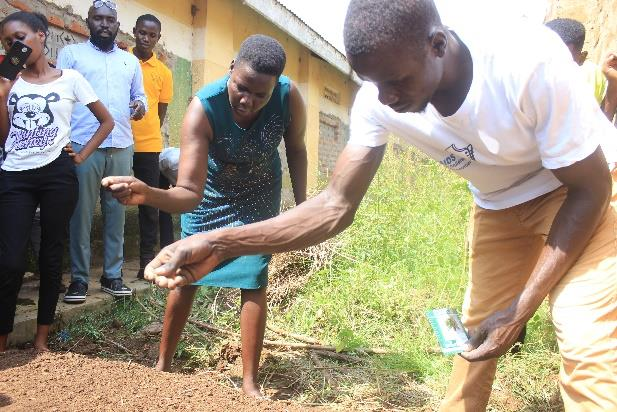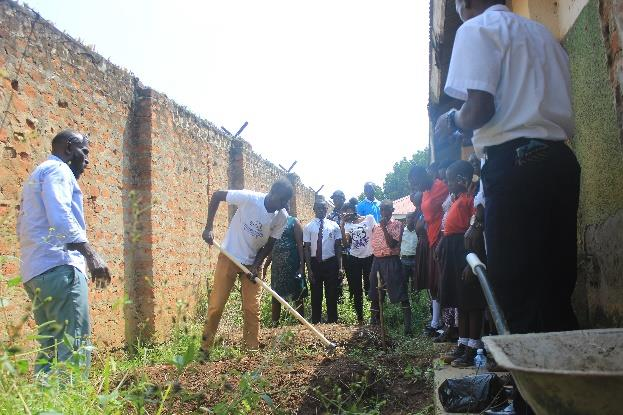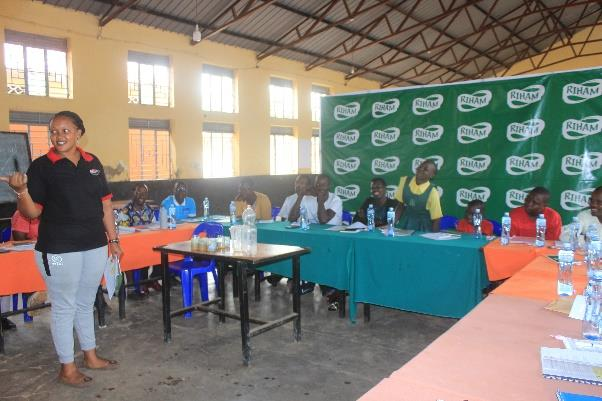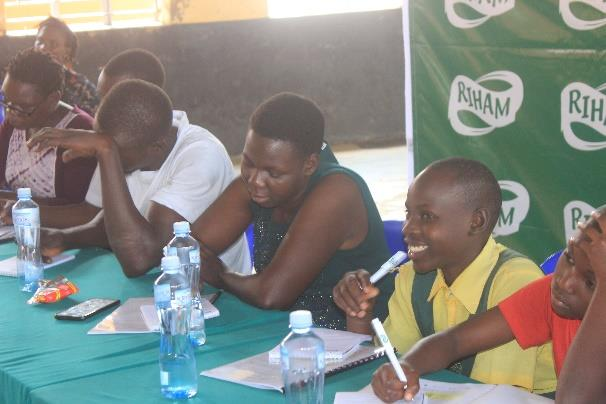Urban farming activities

Urban farming activities
The urban farming training began with an orientation session, where participants were introduced to the concepts of urban farming, its importance in sustainable living, and its potential economic and environmental benefits.
Site Selection and Preparation
Participants were guided through the process of selecting suitable sites for urban farming within their respective school compounds. The process included assessing factors such as sunlight exposure, soil quality, and accessibility. Practical sessions involved preparing the chosen sites by clearing debris, loosening the soil, and making necessary adjustments.
Raised Bed Construction
Participants were introduced to raised bed gardening as an efficient and space-saving urban farming technique. The session included the construction of raised beds using locally available materials. This method not only optimizes space but also improves soil drainage and aeration.
Composting and Soil Enrichment
Composting was emphasized as a sustainable way to enrich soil and promote plant growth. Participants learned the basics of composting, including selecting suitable materials, creating compost bins, and maintaining proper composting conditions. The session aimed to encourage participants to recycle organic waste and create nutrient-rich compost for their urban farming plots.
Crop Selection and Planting
The urban farming curriculum covered a variety of crops suitable for urban environments. Participants learned about selecting appropriate crops, understanding planting seasons, and optimizing crop layout within limited spaces. Practical planting sessions allowed participants to apply their knowledge by sowing seeds or transplanting seedlings.
Water Management and Irrigation
Water management is crucial in urban farming. Participants received training on different irrigation methods, including drip irrigation and watering techniques optimized for water conservation. Practical demonstrations showcased proper irrigation practices to ensure optimal plant health and growth.
Pest and Disease Management
Urban farmers were educated on identifying common pests and diseases that affect crops. Integrated pest management strategies, including natural remedies and preventive measures, were discussed to minimize the use of chemical pesticides. Participants learned to monitor their crops and take timely actions to protect their plants.
Students with their teachers engaged in practical (1. 2.) and theoretical sessions (3. 4.) of urban farming



